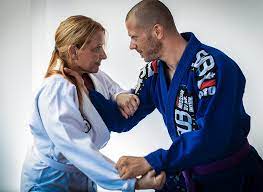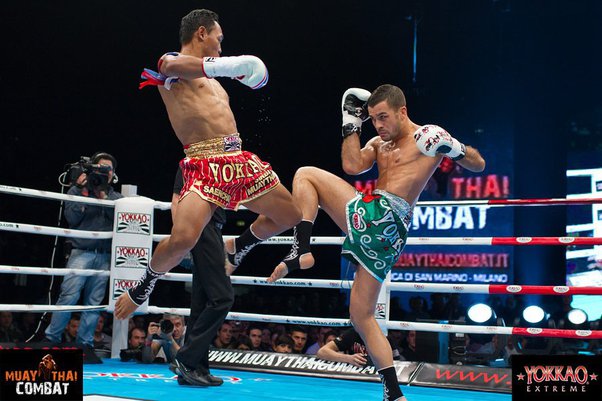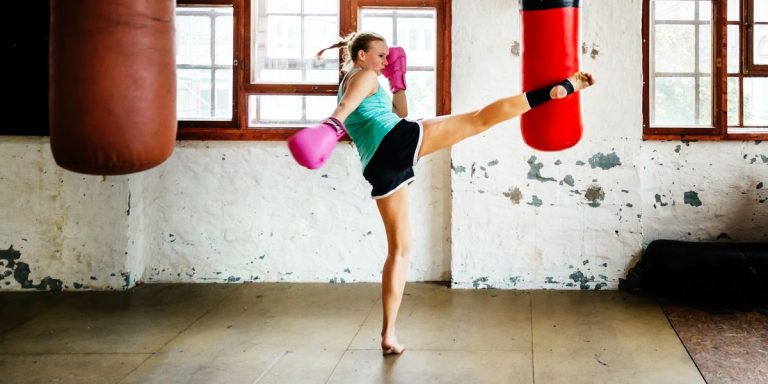Benefits of Jiu Jitsu
Introduction
Jiu Jitsu, a martial art originating from Japan and popularized by the Gracie family in Brazil, offers a wide range of benefits for individuals of all ages and fitness levels. This combat sport combines techniques such as joint locks, throws, and submissions to neutralize opponents regardless of their size or strength. Beyond the physical aspect, Jiu Jitsu provides numerous advantages that positively impact both the body and mind. In this article, we will explore the various benefits of practicing Jiu Jitsu.
1. Physical Fitness and Strength
Jiu Jitsu training involves intense physical exertion, making it an excellent way to improve overall fitness and strength. The grappling movements, constant shifting of body positions, and resistance training work multiple muscle groups simultaneously. Regular practice helps develop core strength, increase muscular endurance, and enhance cardiovascular fitness. The physical demands of Jiu Jitsu also contribute to weight management and the toning of muscles.
2. Self-Defense Skills
One of the primary benefits of Jiu Jitsu is its effectiveness as a self-defense system. By focusing on leverage and technique rather than brute force, practitioners can neutralize larger opponents. Jiu Jitsu teaches individuals how to control and subdue aggressors using joint locks, chokeholds, and positional dominance. These skills empower practitioners with the confidence to protect themselves in real-life situations.
3. Mental Well-being
Engaging in Jiu Jitsu can greatly improve mental well-being. The discipline and focus required during training help clear the mind and reduce stress. The intense physical activity releases endorphins, promoting feelings of happiness and relaxation. Regular practice of Jiu Jitsu also improves cognitive function, memory, and concentration, leading to increased mental sharpness and productivity in daily life.
4. Improved Flexibility and Coordination
Jiu Jitsu involves various techniques that require flexibility and coordination. Through consistent training, practitioners gradually increase their range of motion and enhance their body control. Stretching exercises performed during warm-ups and cool-downs improve flexibility, while the constant shifting of body positions during sparring enhances coordination and balance.
5. Stress Relief and Emotional Balance
The physical nature of Jiu Jitsu training provides an effective outlet for stress relief. The intense workouts help release tension and pent-up emotions, promoting emotional balance and well-being. Additionally, the camaraderie and supportive environment within Jiu Jitsu academies foster a sense of belonging and emotional support, creating a positive and empowering community.
6. Building Discipline and Confidence
Jiu Jitsu instills discipline and self-control in practitioners. Consistent training requires dedication, perseverance, and patience, which in turn builds discipline and mental fortitude. As individuals progress in their Jiu Jitsu journey, they gain a sense of accomplishment and self-confidence, both on and off the mats. The lessons learned through Jiu Jitsu, such as setting goals, overcoming challenges, and embracing failure as a learning opportunity, contribute to personal growth and resilience.
7. Weight Loss and Muscle Tone
Regular Jiu Jitsu training can be an effective tool for weight loss and muscle toning. The high-intensity workouts burn a significant amount of calories, aiding in weight management. Moreover, the grappling and resistance-based movements engage multiple muscle groups, leading to improved muscle tone and definition. Jiu Jitsu provides a full-body workout that promotes a lean and strong physique.
8. Social Interaction and Community
Practicing Jiu Jitsu offers an opportunity for social interaction and community building. Jiu Jitsu academies foster a supportive and inclusive environment where individuals from diverse backgrounds come together to learn and grow. The bonds formed through training and shared experiences create a strong sense of community and friendship among practitioners. This social aspect of Jiu Jitsu contributes to overall well-being and a support system outside of training.
9. Enhancing Problem-Solving Skills
Jiu Jitsu requires strategic thinking and problem-solving on the mat. Practitioners must analyze their opponents’ movements, anticipate their next actions, and formulate effective counterattacks. This constant mental engagement enhances problem-solving skills, critical thinking, and tactical decision-making. The ability to adapt and think on one’s feet translates to improved problem-solving abilities in various aspects of life.
10. Injury Prevention and Rehabilitation
Contrary to common misconceptions, Jiu Jitsu training prioritizes safety and injury prevention. Instructors emphasize proper technique and controlled sparring to minimize the risk of injuries. The focus on body awareness and controlled movements also improves joint stability and reduces the likelihood of accidents. Additionally, Jiu Jitsu can be used as a rehabilitation tool for individuals recovering from injuries, as it allows them to gradually regain strength, mobility, and confidence.
11. Jiu Jitsu as a Competitive Sport
Jiu Jitsu offers individuals the opportunity to engage in competitive sports at various levels. Competing in Jiu Jitsu tournaments challenges practitioners to test their skills against opponents of similar experience and skill levels. Participation in competitions promotes personal growth, resilience, and sportsmanship. The competitive aspect of Jiu Jitsu adds an exciting dimension to the training journey and encourages continuous improvement.
12. Jiu Jitsu for Kids and Adolescents
Jiu Jitsu is an excellent martial art for children and adolescents. It instills discipline, respect, and self-confidence in young practitioners. Jiu Jitsu training helps children develop physical coordination, body awareness, and gross motor skills. It also teaches them important values such as perseverance, goal-setting, and respect for others. Additionally, Jiu Jitsu provides an outlet for energy and a safe environment for personal growth and social interaction.
13. Long-Term Health Benefits
The benefits of Jiu Jitsu extend beyond immediate physical and mental advantages. Regular practice contributes to long-term health and well-being. The combination of cardiovascular exercise, strength training, and flexibility work promotes a healthy heart, improves bone density, and enhances overall longevity. Additionally, the mental resilience and stress management skills acquired through Jiu Jitsu can positively impact long-term mental health.
Conclusion
Jiu Jitsu offers a multitude of benefits that encompass physical fitness, self-defense skills, mental well-being, and personal growth. Engaging in this martial art provides individuals with improved physical strength, self-confidence, stress relief, and problem-solving abilities. Whether practiced as a hobby, for self-defense, or as a competitive sport, Jiu Jitsu promotes a healthy lifestyle and a sense of community. Embracing the art of Jiu Jitsu can lead to long-term physical and mental well-being.

Hello! Let me enthusiastically introduce myself as a dedicated blogger fueled by an intense passion for meticulously crafting insightful and well-researched blogs. My mission revolves around providing you, dear readers, with a veritable treasure trove of invaluable information.







